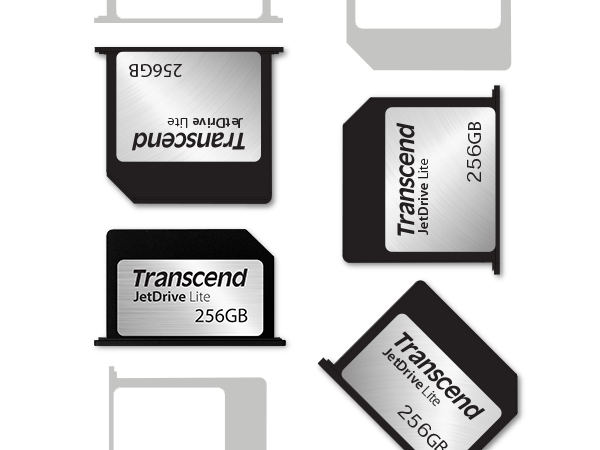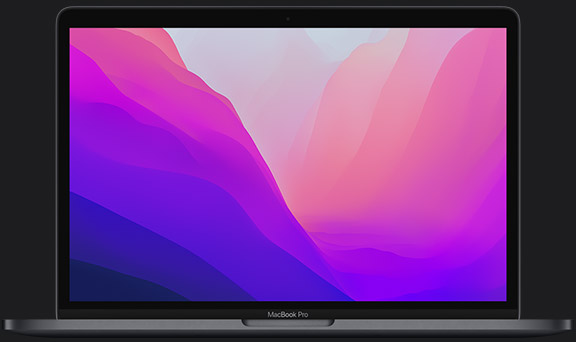

- Macbook pro late 2013 memory mixing different sizes upgrade#
- Macbook pro late 2013 memory mixing different sizes full#
- Macbook pro late 2013 memory mixing different sizes software#
- Macbook pro late 2013 memory mixing different sizes mac#
Can it handle graphics-heavy plugins? Does it provide you with a crisp, clean interface that inspires you?īest Laptops For Music Production - Alternative Things To Consider You might also want to consider the resolution of your monitor as well. Having a bit of extra screen size can help you see more clearly when you’re working. While those who prioritize portability might be okay with small screen size, the endless need to scroll and minimize plugins to see what you’re doing can be a major time-waster. Having a drive solely for your music production use can be very helpful in optimizing your operating speed. Remember, audio files and music files can take up a tone of space. To supplement your storage, you can add an external drive as well. I recommend going with at least 512GB of internal storage. Digital Audio Workstations and plugins will load much faster on an SSD, and your workflow will feel more responsive. HDDs are much slower since they have tons of moving parts. HDDs can work when you’re starting, though, once again, the limitations become noticeable as you progress. Having enough space on your computer is crucial when it comes to music production, as you'll often find yourself working with audio files and other large files.īefore I dive into how much drive space your computer should have, I recommend finding a laptop that uses an SSD rather than an HDD. Having additional power and performance is essential if you're recording, mixing, editing sessions with many tracks, or working on many tasks at once. You also want to try and find laptops that have clocking speeds greater than 2.0GHz. When looking for CPU-efficient laptops, the more processing cores a computer has, the more capable it will be when it comes to recording music instruments and mixing. Next to RAM, the CPU or processing power is one of the most important things to consider when looking for a music production laptop, as you need ample CPU to run most of the On average, a laptop will have somewhere between 7-11 hours of battery life.

The average battery life will differ between different music production laptops, so it is important to look at the specs to find the best laptop for your needs. If you plan on using your audio production laptop while on the road, you should consider the battery life. However, as you progress, the limitations of 8GB memory will become noticeable, as your sessions will begin lagging or your DAW will introduce clicks and pops during recording and mixing. Yes, if you’re just getting started, 8GB of memory might be enough. When it comes to music production, I recommend having 16GB of RAM at least.

Without it, your DAW won’t run very smoothly. RAM (Random Access Memory) is necessary for working on sessions with many tracks, lots of plugins, or a fair amount of audio. Come with us as we explore the recommended specs for music production laptops. To produce music efficiently and effectively, you need power and performance. In general, there are four significant factors that you need to consider when looking for a music production laptop: RAM (Random Access Memory) Finding the best laptops for music production means considering the right things. What To Look For When Searching For A Music Production Laptopįinding the best laptop for music production is just as important for the music-making process as musical instruments are. Without further ado, let’s hop in and explore the ten best laptops for music production on the market today.
Macbook pro late 2013 memory mixing different sizes upgrade#
I’m a major fan of Apple computers, though I have worked on plenty of PCs as well.īoth systems can be robust, though it depends on what kind of specs you buy them with, whether or not you’re able to upgrade them later down the line, and what your production goals are. For example, Logic is only available on Apple products.
Macbook pro late 2013 memory mixing different sizes software#
While either works, it truly comes down to the recording software (DAW - Digital Audio Workstation) that you use.
Macbook pro late 2013 memory mixing different sizes mac#
You’ll probably end up choosing between a Mac or a Windows laptop.

While many artists might recommend going with a desktop if you want the best functionality, many modern producers can’t substitute the flexibility of a laptop. Without it, loading files can be an arduous process, and having to wait around every time you want to load up a plugin can stifle your creative flow. For audio processing, having a high CPU is crucial. When producing, you’ll likely have many different programs or tabs running simultaneously.įor the most part, 16GB of RAM has become standard.
Macbook pro late 2013 memory mixing different sizes full#
You want something lightweight, high-performance, chalked full of power, and has enough battery life to keep you going for more than a few hours. There are many things to consider when looking for the best laptop for music production.


 0 kommentar(er)
0 kommentar(er)
